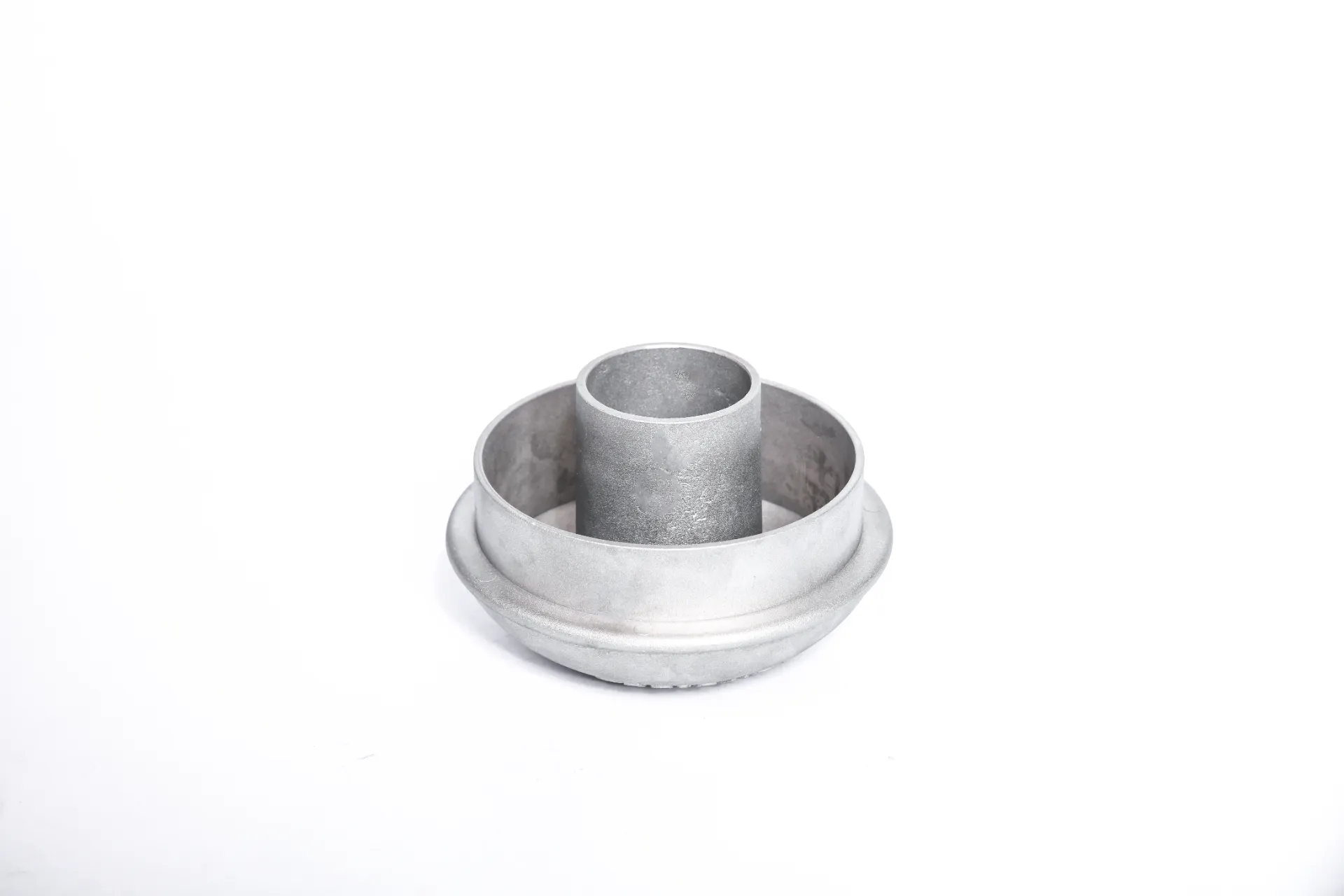Mobile:+86-311-808-126-83
Email:info@ydcastings.com
Industrial Impeller Design and Innovations for Enhanced Performance and Efficiency Solutions
Understanding Industrial Impellers An Essential Component in Fluid Dynamics
In the realm of industrial machinery, precision and efficiency are paramount. Among the various components that contribute to these qualities, impellers play a critical role. An impeller is a rotating component of a centrifugal pump, compressor, or turbine that transfers energy from a motor to the fluid being pumped. It boasts a unique design that enhances the speed and pressure of the fluid, driving it through a piping system or other mechanical processes. This article delves into the significance of industrial impellers, their types, applications, and considerations for effective usage.
The Function and Importance of Industrial Impellers
At its core, the primary function of an impeller is to impart energy to the fluid. This process enables fluids to be moved effectively, whether it’s for the purpose of irrigation, chemical processing, or even in HVAC systems. The importance of impellers cannot be overstated, as they significantly influence the efficiency and capacity of fluid systems. An optimal impeller design can reduce energy consumption, minimize wear and tear on associated components, and enhance overall system reliability.
Types of Impellers
There are several types of impellers used in various industries, each designed for specific applications
1. Open Impellers Characterized by their lack of a shroud or casing, open impellers are typically used in applications where the fluid contains solids that need to be handled carefully. This design allows for easy passage of larger particles and is commonly found in slurry pumps.
2. Closed Impellers These impellers consist of two shrouds that completely encase the blades. They are ideal for high-efficiency applications and are often used in standard centrifugal pumps. The closed design maximizes fluid velocity and provides better control over the discharge.
3. Semi-Open Impellers These are a hybrid of open and closed designs. They feature one shroud and are ideal for handling fluids with a moderate amount of solids. Semi-open impellers are often employed in wastewater treatment applications.
4. Mixed Flow Impellers These impellers combine both axial and radial flow designs, making them suitable for handling fluids that require both high pressure and high flow rates. They are commonly used in large-scale industrial applications.
industrial impeller

5. Radial Flow Impellers These are primarily designed to direct fluid flow radially outward from the impeller axis. They are often used in applications where high pressure is required, such as in boiler feed pumps.
Applications of Industrial Impellers
Industrial impellers are utilized across a multitude of sectors, including
- Water Treatment In treatment plants, impellers facilitate the transportation of water through various phases of purification. - Chemical Processing Various chemicals require controlled mixing and movement, which impellers help achieve. - Oil and Gas In this sector, impellers are crucial for the transportation of crude oil and natural gas through pipelines. - Food and Beverage Impellers are employed to ensure that fluids are transported efficiently during production processes. - HVAC Systems They play a role in moving air through heating and cooling units, enhancing overall system performance.
Considerations for Choosing Impellers
Selecting the appropriate impeller is essential for ensuring operational efficiency. Factors to consider include
- Fluid Characteristics Understanding the properties of the fluids, such as viscosity and density, is crucial. - Flow Requirements Determining the desired flow rate and pressure help in choosing the right impeller design. - Energy Efficiency Selecting an impeller that provides the best performance for the least energy consumption can lead to significant cost savings over time. - Material Compatibility The material of the impeller should be compatible with the fluid it handles to prevent corrosion and damage.
Conclusion
Industrial impellers are more than just components of machinery; they are integral to the efficient movement of fluids across various applications. By understanding the different types of impellers and their specific uses, industries can enhance their operational efficiencies, reduce costs, and extend the lifespan of their equipment. In the ever-evolving landscape of industrial engineering, the significance of optimizing impeller selection and design cannot be overlooked.
-
Understanding Metal Casting TechniquesNewsApr.02,2025
-
Understanding Exhaust Manifolds for Enhanced Engine PerformanceNewsApr.02,2025
-
The World of Metal FabricationNewsApr.02,2025
-
Key Components for Pump and Turbo EfficiencyNewsApr.02,2025
-
Essential Tools for Automotive Maintenance and RepairNewsApr.02,2025
-
Durable Valve Components for Effective Water ManagementNewsApr.02,2025











